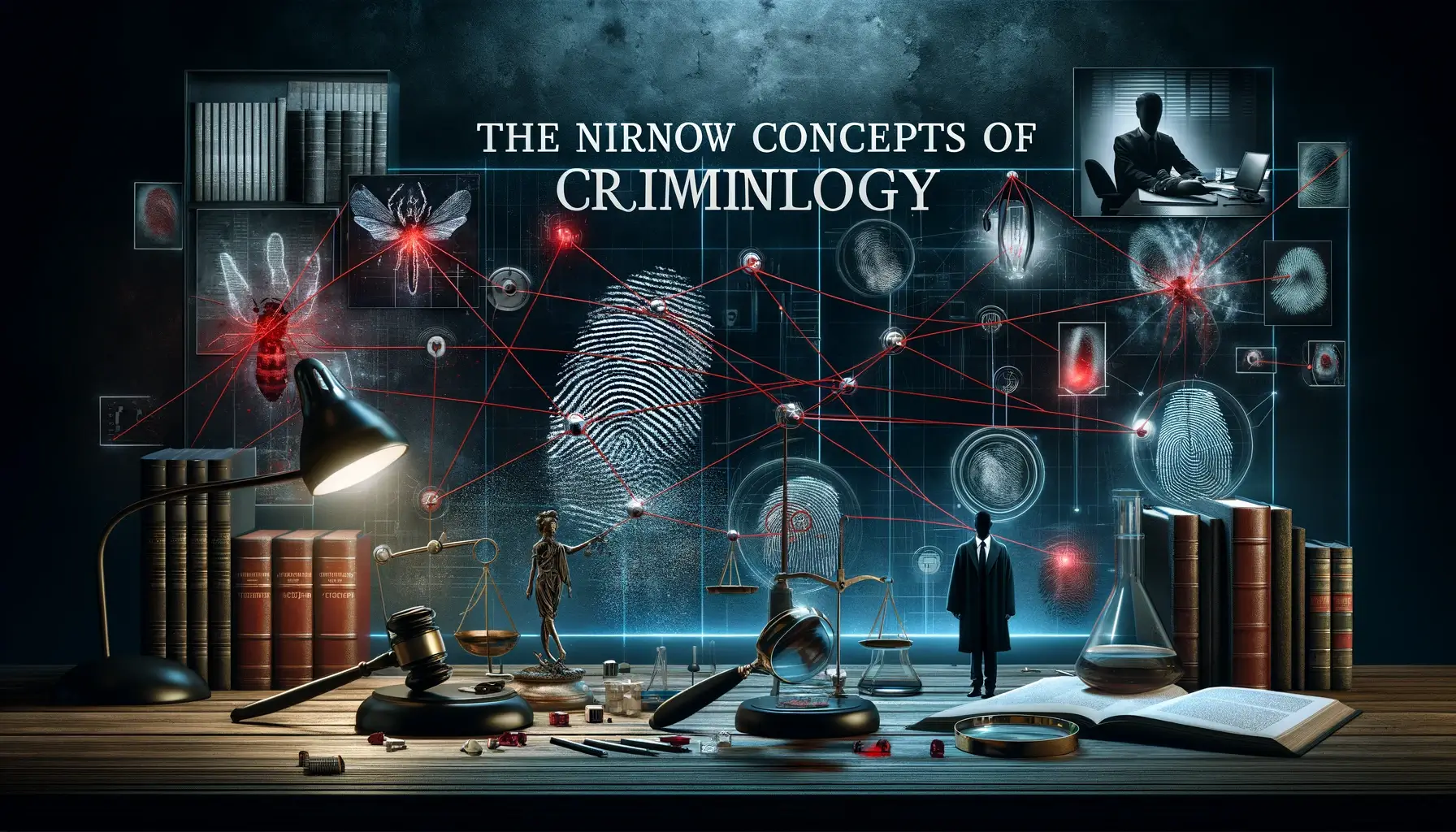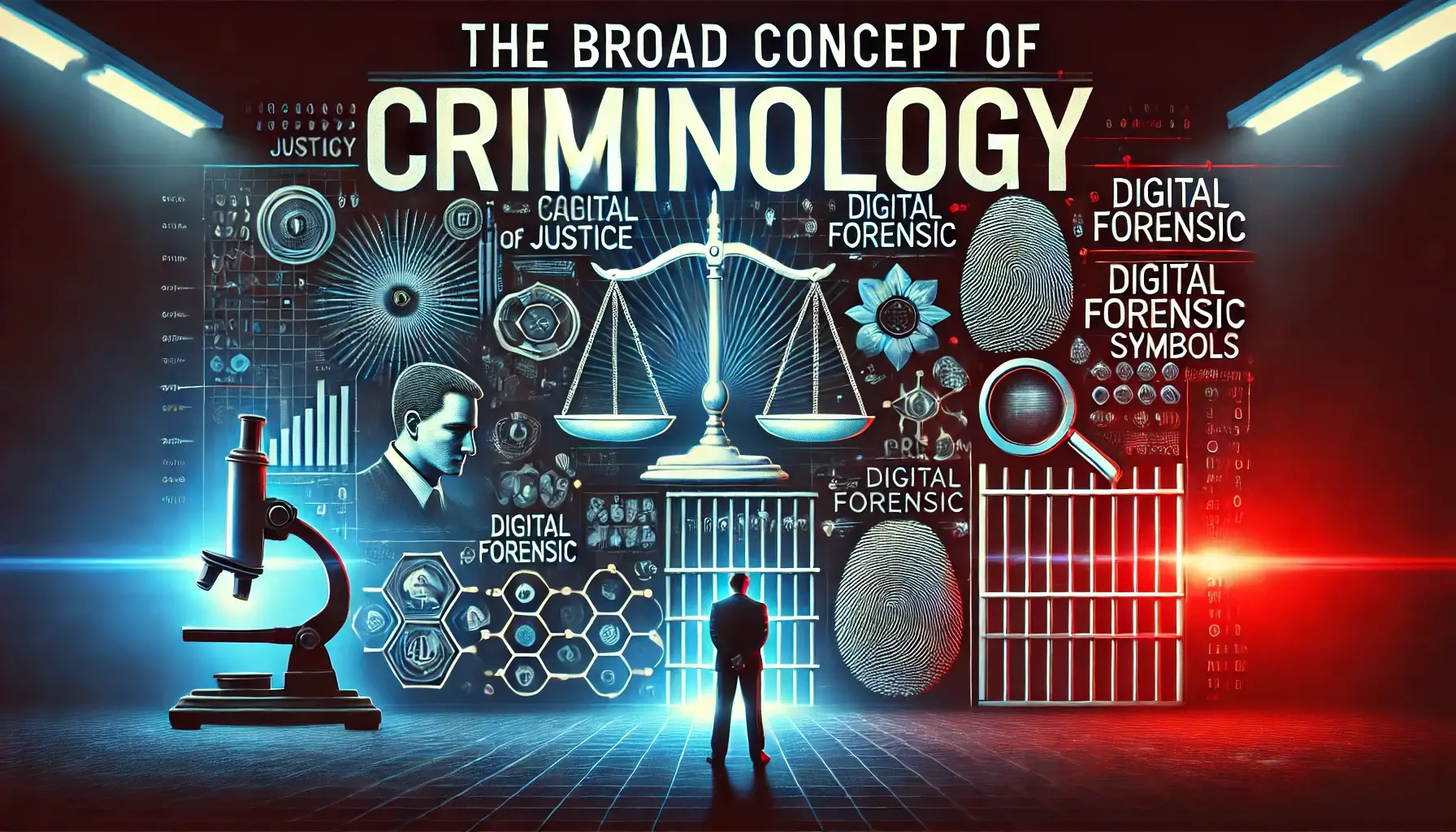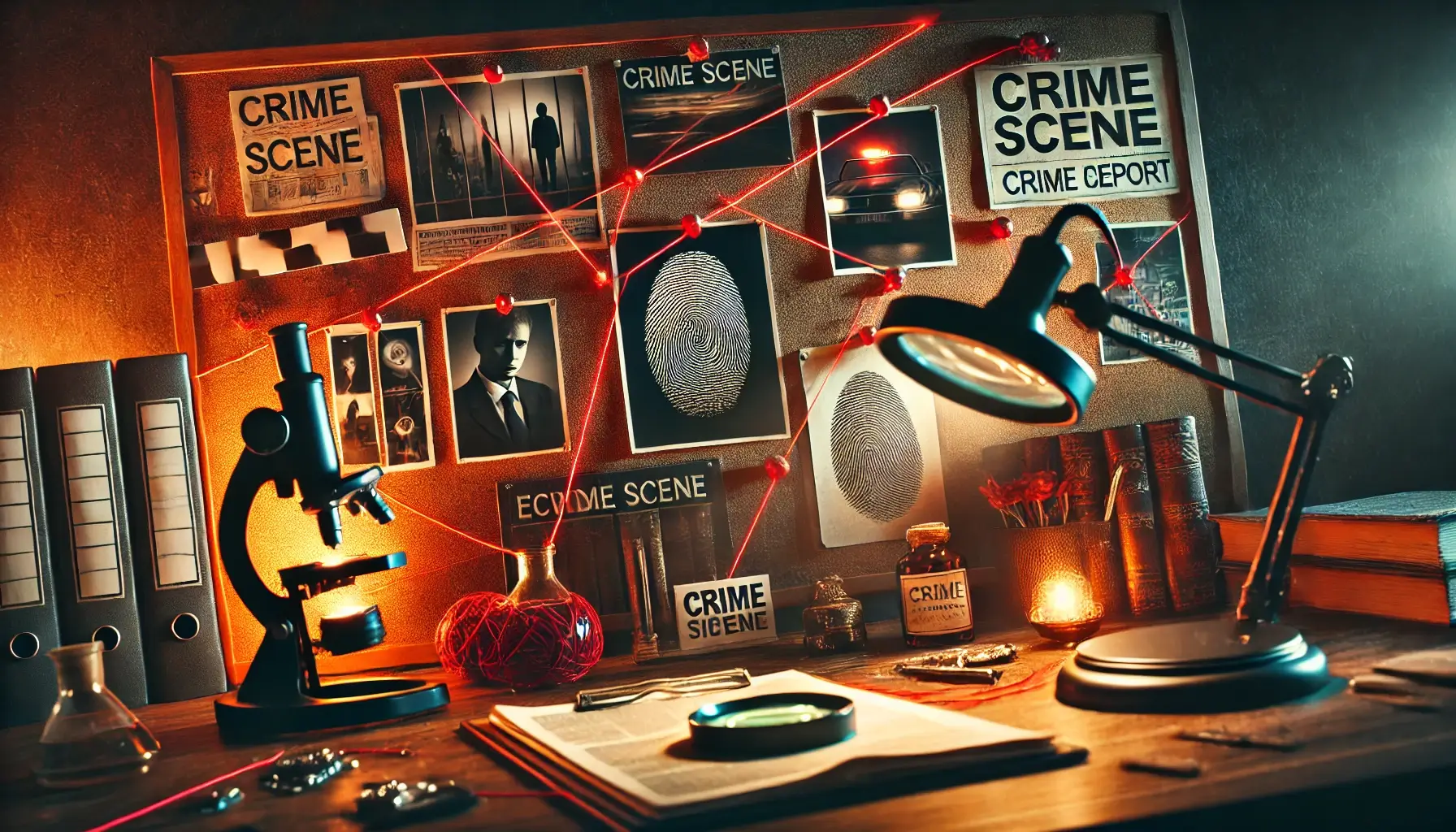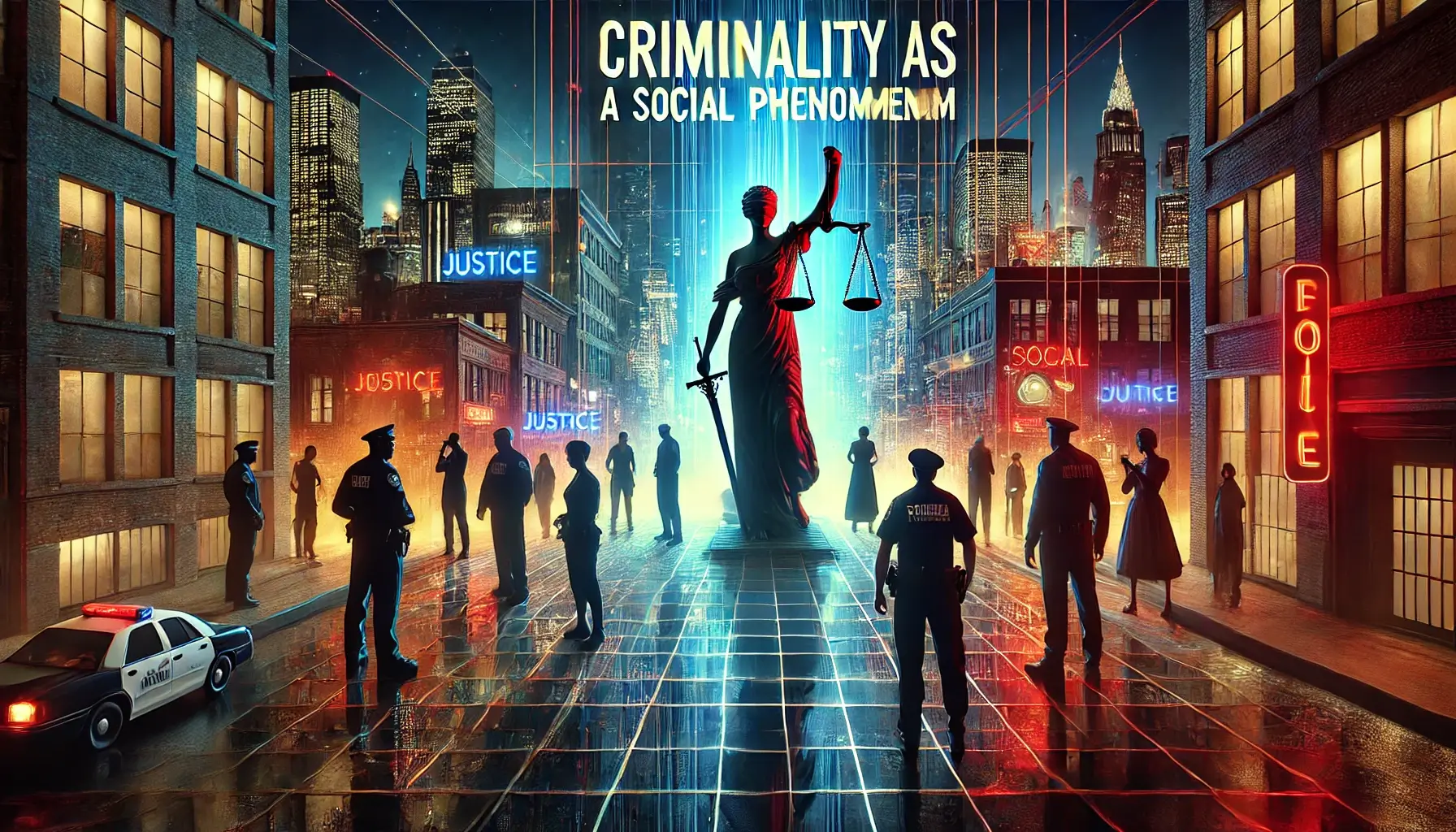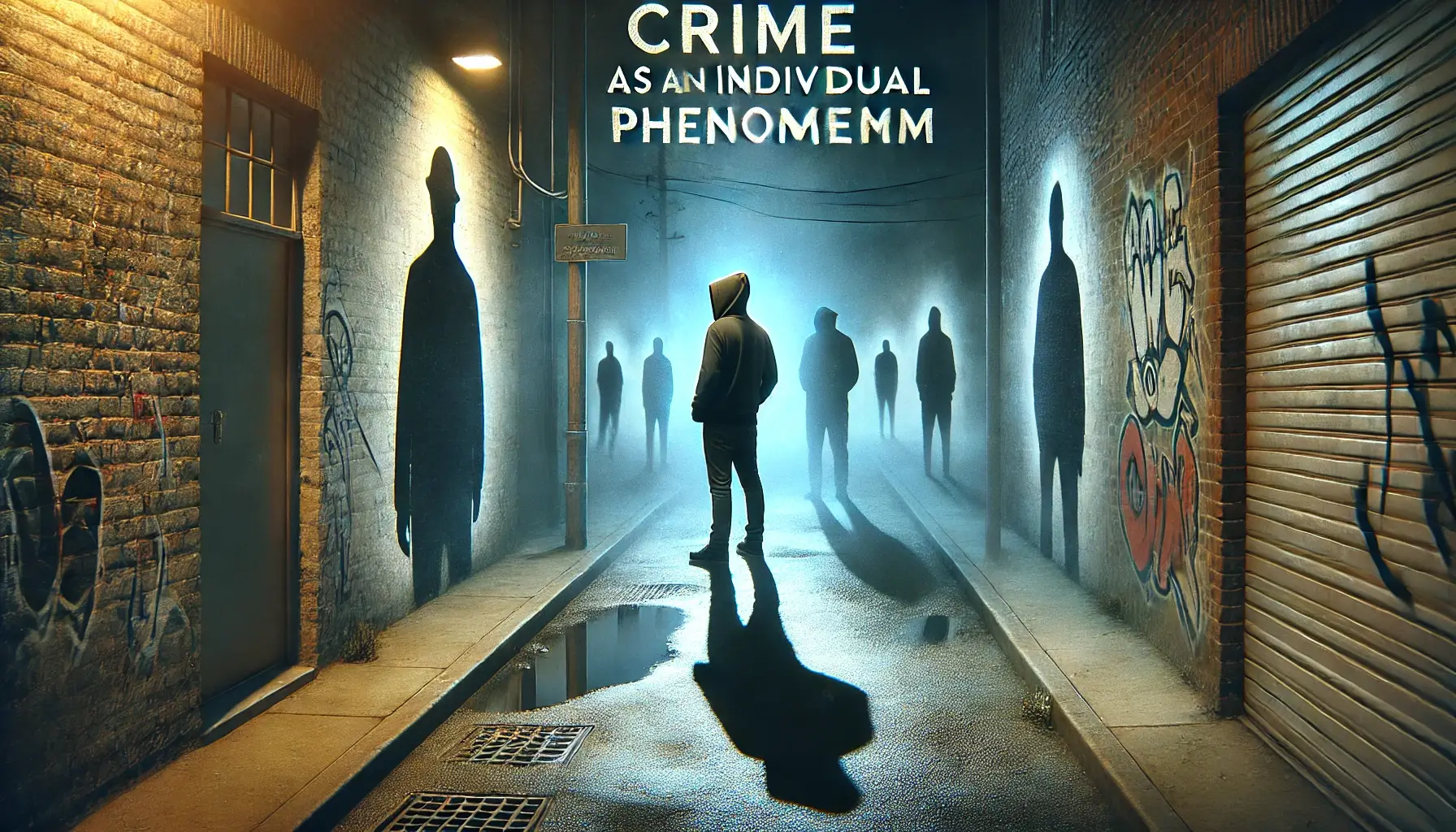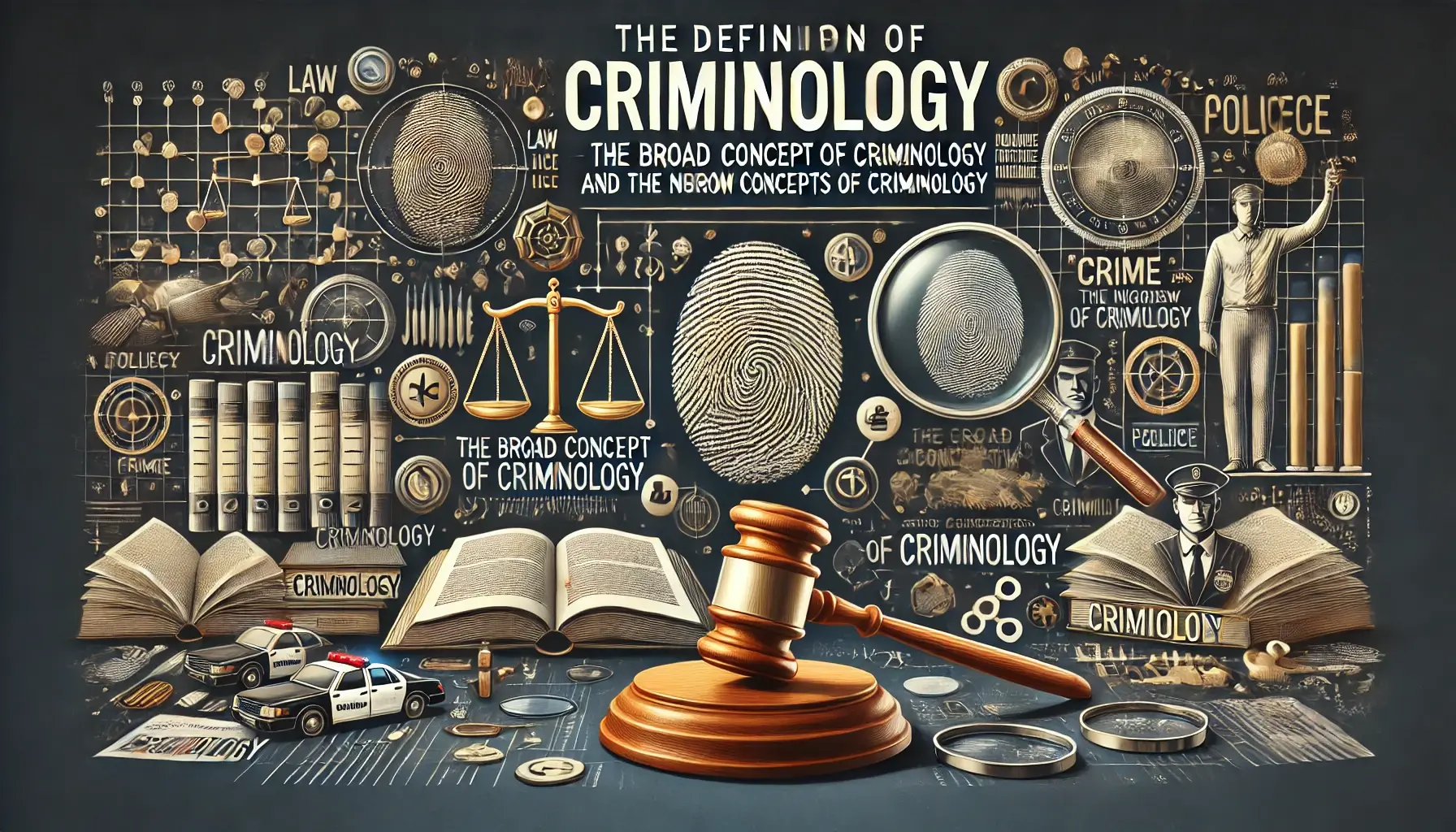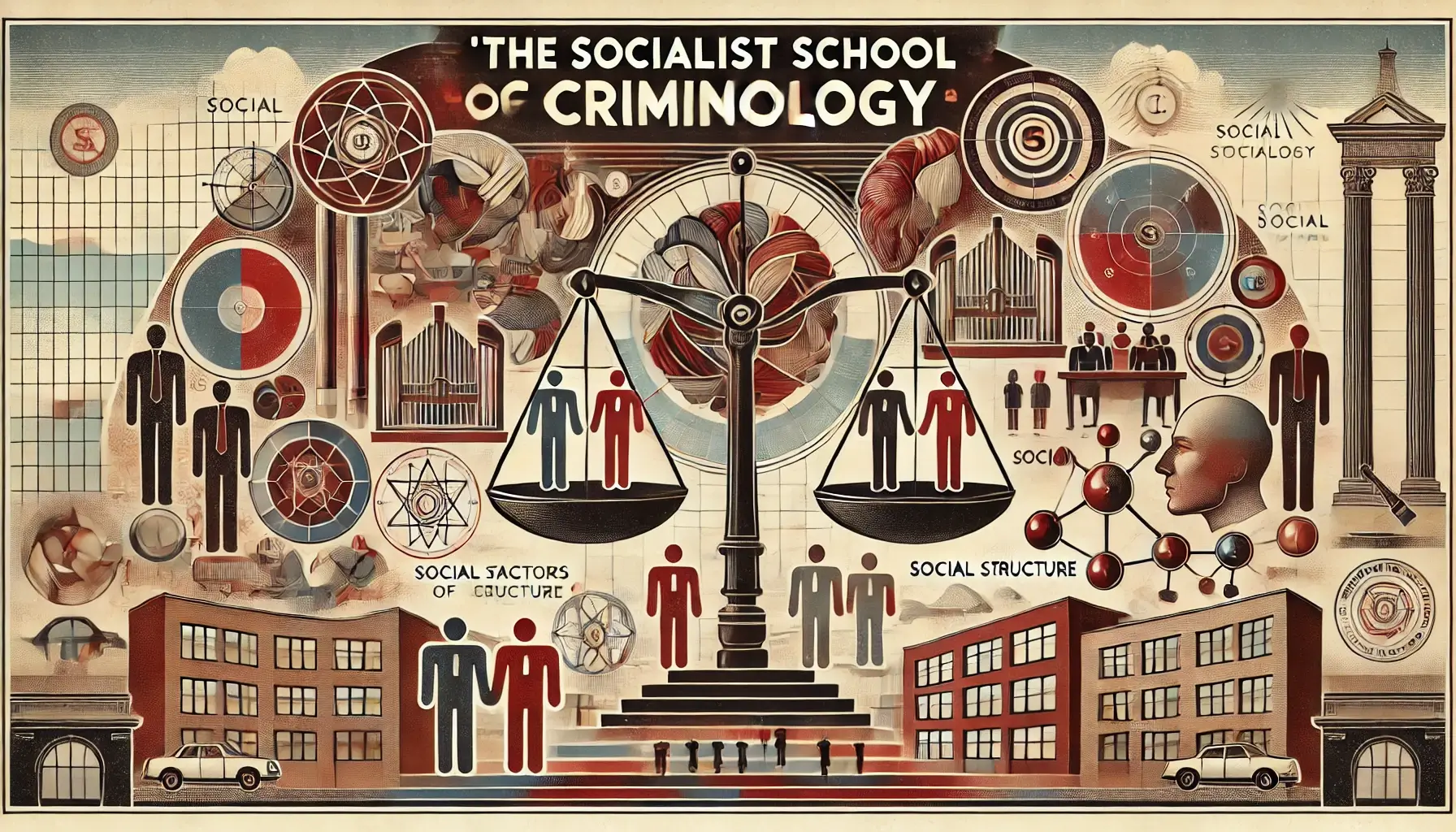The Broad Concept of Criminology: The Classical American School
Introduction Criminology, the scientific study of crime, criminals, and the criminal justice system, has evolved over centuries to encompass various theories and schools of thought. One of the most influential perspectives in criminology is the classical school, which laid the foundation for modern criminal justice policies. The classical American school of criminology emerged as a … Read more




